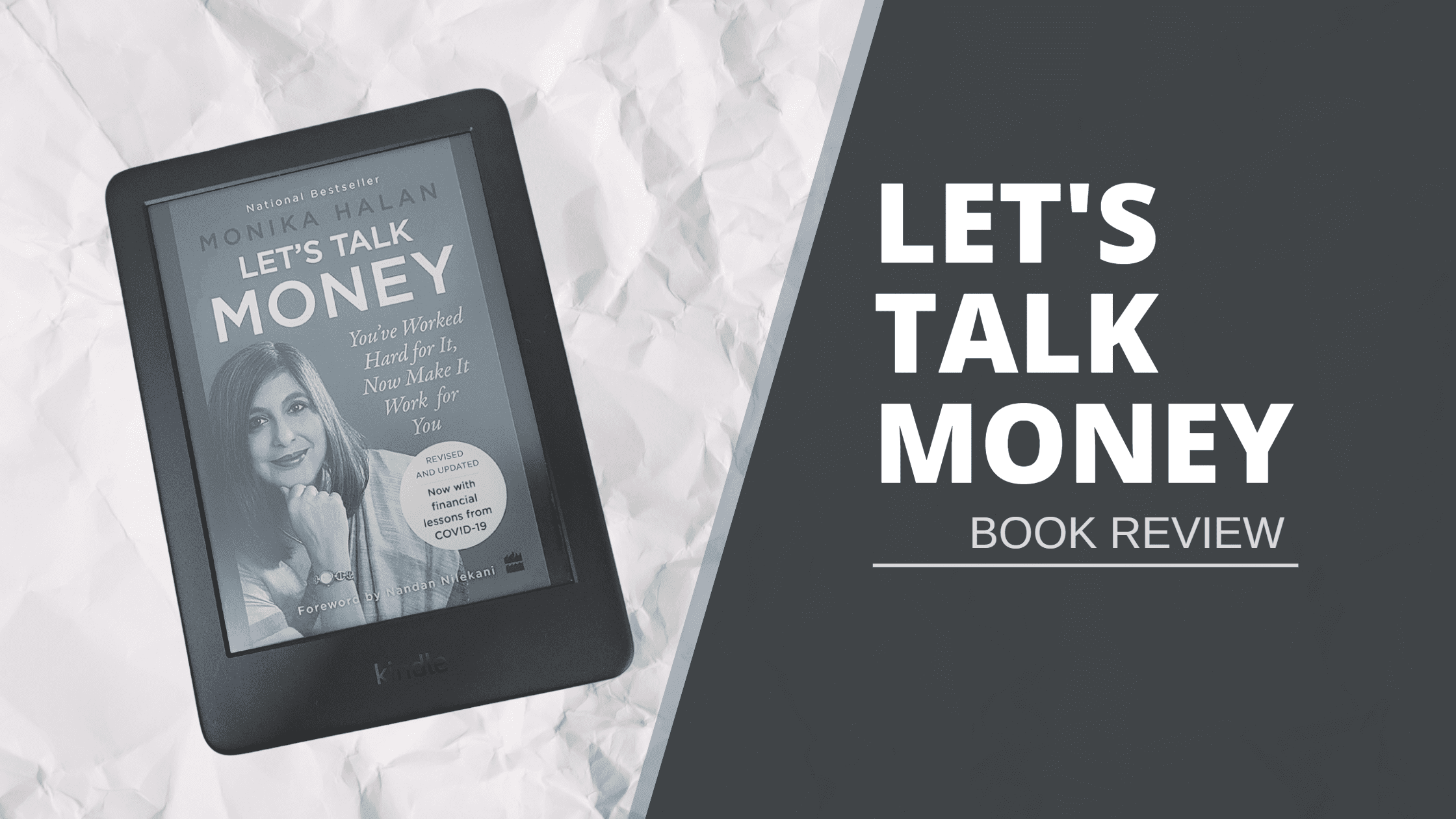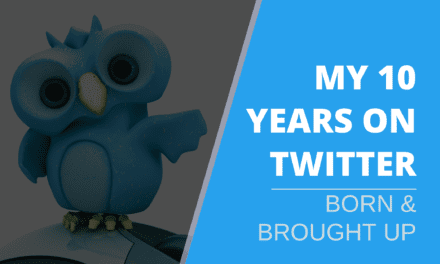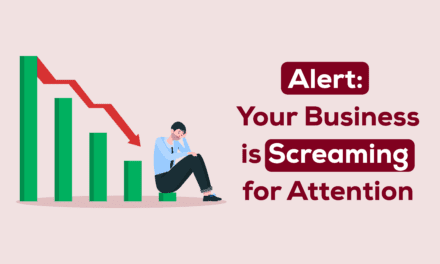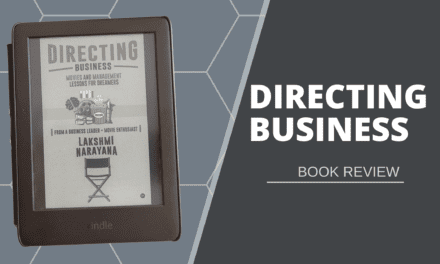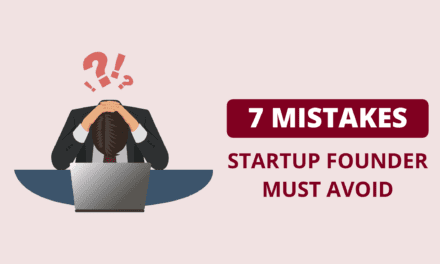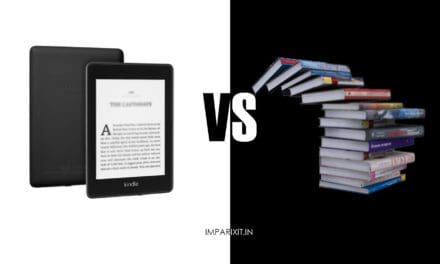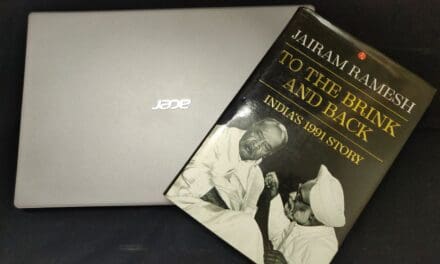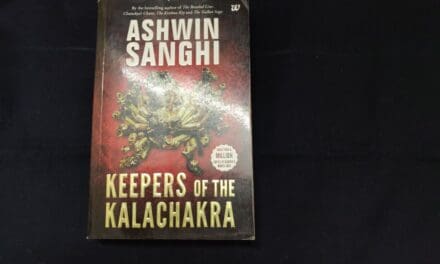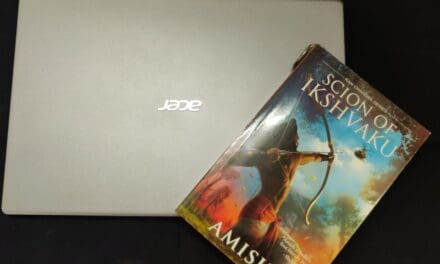How often have you discussed the money Mukesh Ambani, Jack Ma, and Elon Musk make with your friends? Probably more than a few dozen times, if not more. How many times have you discussed with them how you can make money? I guess one can count the number of such discussions on the fingertips. This is precisely why it becomes crucial to have someone who can tell us “Let’s Talk Money,” loud and clear.
About the Book:
Let’s Talk Money by Monika Halan is a book that will make you regret, think, and most importantly, force you to act. Slightly over 180 pages, this book contains all important aspects of personal finance. It talks about saving habits, investments, retirement, and a lot more. While dealing with such a complex matter, the author has stayed away from jargon and unfamiliar terms, making it a difficult read. I am giving you a link to buy Let’s Talk Money at the end of this review.
Let’s Talk Money – Some Valuable Takeaways:
The author suggests keeping three bank accounts: “income account,” “spend-it account,” and “invest-it account.” This can be the first step as you start to manage your money wisely. Unlike many new-age “finance influencers,” Monika Halan talks about building emergency funds before taking any risk on your money.
I become a fan of this book after the chapter on health/accident insurance. “you’re more likely to go to the hospital with an illness or accident than die” is exactly the line in the book. The chapter talks about all the significant factors you should consider while buying a health cover. I admire how the author has cautioned readers about agents involved in the health insurance industry and tells how a layperson can deal with them.
The book encourages you to start investing as soon as you can. Chapter 6 explains why it is necessary to start investing early and keep doing it for a significant amount of time. The book describes the differences between a trader and an investor. It firmly states why you need to acquire basic knowledge of every financial product you invest in. In a nutshell, Let’s Talk Money makes you think and question ‘why I should invest in this before making an investment decision. “Basic finance is not tough to understand; choosing products is.”
Let’s Talk Money has discussed all financial products for long-term investing in detail. The book has not left any aspect of mutual funds and equity untouched. Not just that, it has covered gold and real estate as well. I can’t help but appreciate Monika Halan for addressing India’s obsession with gold and real estate. She has managed to burst myths about the stock market and mutual funds by adequately understanding how these financial products function. If you believe that gold and real estate are the best investments, this book will convincingly destroy those myths.
In the end chapters, the author has talked briefly about looking at your money box as a whole. The macro view of the portfolio is essential to make wise investment decisions. Every financial product has a cost attached to it that we keep ignoring. Monika Halan has discussed ULIP, endowment plans, ETF, term insurance, and tax implications on every financial product. It explains the difference between short-term and long-term investment avenues and what to expect from them.
The book talks about the retirement fund in detail. For me, it changed the definition of retirement. Monika Halan writes, “When we’re young, we underestimate the damage that an aging body causes to work,” and it is a wake-up call if you aren’t planning your retirement. The chapter asks some daunting questions about increasing medical expenditure and the effect of growing inflation over the years. One may find retirement exhausting, but you won’t shy away from such planning once you understand its need.
“Each product you buy must fight for its place in your money box.” Yes, that’s what the author Monika Halan says throughout the book. The book constantly reminds us not to be emotional about our money decisions. Logic over emotion and knowledge over faith is the philosophy at the core of this book. And that’s why it asks to keep checking the money box (or portfolio) periodically.
To summarize my book review, I would recommend this book to everyone. If you have the slightest interest in making money out, this book cannot skip your reading list. After finishing the book, you would take your financial decisions with a lot more maturity.

